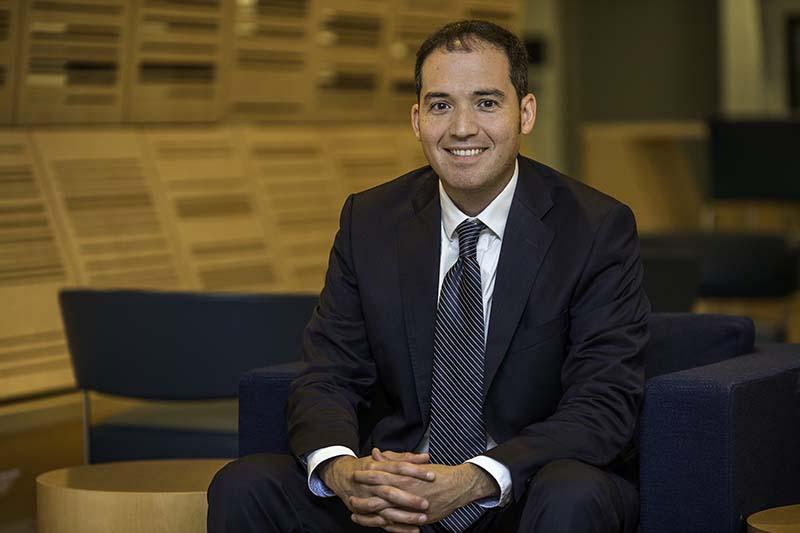Prostate cancer patients target of new $1.6M Tulane study
A Tulane University researcher has won a $1.6 million grant to develop a tool that could lower tumor recurrence in cancer patients, especially those with prostate cancer.
J. Quincy Brown, associate professor of biomedical engineering, will join forces with what he calls an interdisciplinary “dream team” of engineers, mathematicians and clinicians to develop a rapid microscopy scanner to assure that tumors are completely removed during surgery.
The four-year grant is from the National Cancer Institute of the National Institutes of Health.
“Cancer patients often undergo surgery to remove the tumor as a first strategy for cure,” Brown said. “Removing the tumor completely during surgery is an important goal to achieve. Yet it is difficult to determine in real-time if tumor removal is successful due to the lack of available tools. Leaving tumor behind in the patient can contribute to the cancer coming back and need for additional harmful treatment.”
Brown said assuring total tumor removal is especially important in prostate cancer surgery, during which the surgeon is trying to remove all of the cancer while leaving behind nerves and vessels that are important for the patient’s quality of life after surgery.
If successful, the new device will scan the entire prostate surface for residual tumor within 10 minutes of removal. It will provide a Google maps-style image of the entire organ surface that will enable doctors to determine, down to the single cell level, whether any tumor has been left behind in the patient. Once completed, Brown and his team will test the device on 250 patients.
Tulane collaborators on the project are pathologist Dr. Andrew Sholl, urologist Dr. Jonathan Silberstein and mathematics professor Michelle Lacey. The team also incudes Dr. Stephen Freedland, a urologist at Cedars Sinai Medical Center, and Dr. Jonathan Epstein, a pathologist at Johns Hopkins Medical Center.

